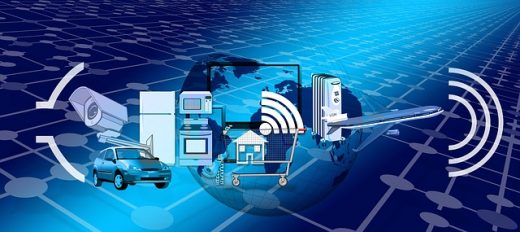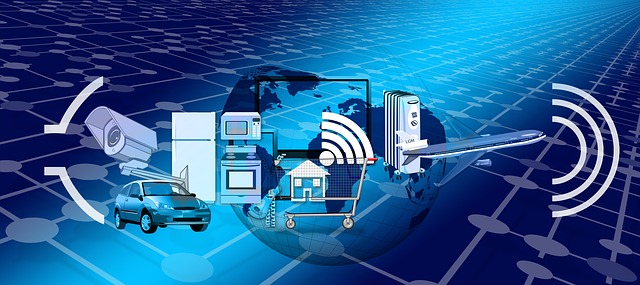Why we badly need standardization to advance IoT
Why we badly need standardization to advance IoT

What IoT promises is that all of your boring “things” like refrigerators, ACs, light bulbs, microwave ovens, washing machines, even cars will become “smart connected devices” and will be able to talk to each other using some sort of technology like Bluetooth, infrared, WiFi and more.
Also, the concept of Iot-enabled smart cities using mobile apps has raised our standard of living.
What will it do besides making us lazier? Well, a quick glance at a handy list of IoT devices available in the market today will give you some idea of what can be done using these new age devices. If you look carefully, you will notice that there are a whole lot of different companies making these hardware devices.
See also: How the lack of interoperability standards could be killing IoT
A lot of these companies have apps which enable the user to interact with the hardware and they all use a different technology or platform. There is no IoT standard established yet and of the companies which do make IoT products, most would choose anything they would feel comfortable with.
While there is no body which is responsible for setting up IoT standards there are some groups which have tried to tackle the standardization issue. Even professional organizations like IEEE has tried to help by providing a list of IoT standards. Although there has been some agreement lately between companies to form an Alliance and agree on common standards and technology for IoT, there are competitors and no universal body has formed yet.
What is the issue with a lack of standards?
For starters, the devices won’t simply plug & play and would need additional software, drivers of more time before they can start functioning. They won’t play nice with each other because of competing standards and a lot of complexity would arise for the end user.
Apple tried its bit to connect these devices with HomeKit where it enabled a lot of partners to integrate APIs to make things easier for the end user. By enabling every manufacturer to integrate with iOS, they can be controlled from a single app instead of multiple apps and the end user doesn’t have to worry about competing standards or any other complexities.
Also, the manufacturers will be able to sell the hardware easily once they are compliant to global standards and integrate with popular services like IFTTT. The unified protocols will help manufacturers to save costs and other resources in developing their hardware and supporting software and speed up the manufacturing process.
In short, unified standards will push IoT development further and will be a boon for both manufacturers and consumers.
The ecosystem will develop faster and we would see a lot of innovative ideas and integrations coming to fruition sooner. Its high time the bigger industry players realize this and agree on focusing their energy at standardization to push the industry forward on the right track.
The post Why we badly need standardization to advance IoT appeared first on ReadWrite.
(30)



